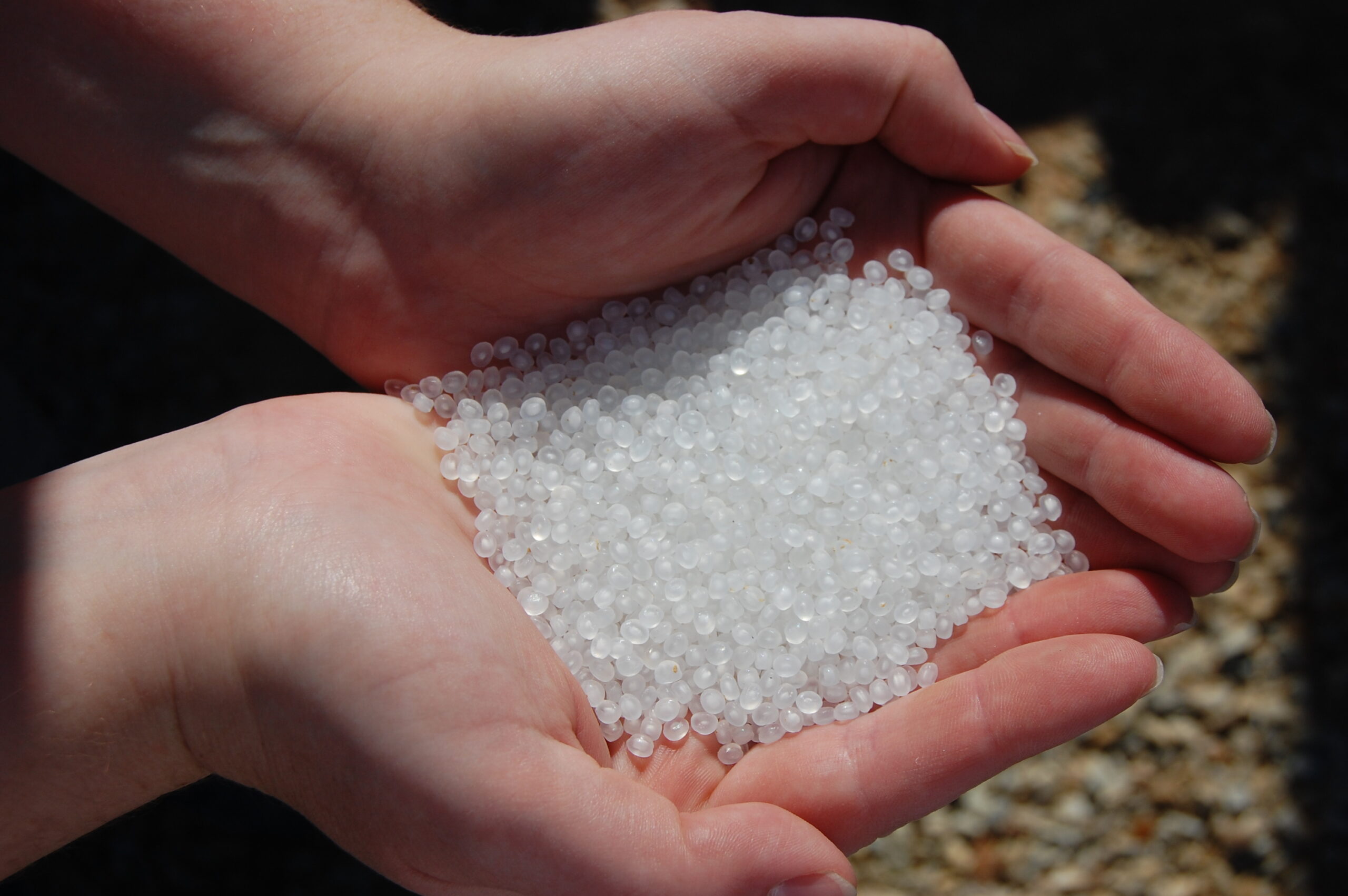
Plastic pipes manufacturers lead by example
Representing a proactive industry, aimed at sustainable solutions and long-life products, TEPPFA Executive Committee has agreed that all the European sites of the company members will be committed to Operation Clean Sweep (OCS) and will sign up before the end of 2021.
Plastic pipes manufacturers lead by example. In December 2020 approximately 65% of TEPPFA company members European production plants have signed up to the OCS. Moreover, a number of TEPPFA members already have several years of experience in implementing the OCS principles into their everyday operations. By having all TEPPFA members and their operational sites committed, we can make significant progress to help our industry protect the environment, signalling to our stakeholders that we are taking social responsibility seriously.
It’s the little things that count
When a manufacturer of plastic products signs up for the Operation Clean Sweep, the company agrees to implement the recommended actions to avoid the potential spillage of plastic pellets into environment. A crucial aspect of the initiative is to involve employees from every level of the organisation through management and staff training to promote a sense of responsibility. After all, it is a collective effort, where every little thing counts and simple efforts allow grasping the low hanging fruits.
Guidelines
In practice, Operation Clean Sweep works through a simple systematic approach tailored to each organisation. It starts with looking into your organisation through launching an internal audit, followed by developing a specific action plan and finally monitoring and evaluating the implemented measures.
As part of the internal audit, one would identify the pellet transfer points and the pellets loss risks associated with them. Examples of spill areas include: unloading, internal transport, waste management and processing. Having identified potential problems in those areas, one should aim to solve them.
There are a number of preventative measures, such as increasing the number of paved areas, gearing up with proper equipment (i.e. vacuums, brooms and bulk-handling appliances) and assuring competent handling and cleaning practices. Other solutions may include development of containment systems, both area-specific and facility-wide, to prevent pellets from escaping plant boundaries. Great example is in introducing special filters in the risk areas, such as rain water systems. Drains in unloading areas must be connected to a separator and fluids have to be filtered in a fine filter like that made of a paper material. Additionally, air filter systems are used to transport plastics powder via pipes using pressure or vacuum. A number of recommended best practices are outlined in the Operation Clean Sweep manual. For more information on practical guidelines have a look at the TEPPFA OCS webinar.
Signing for the Operation Clean Sweep initiative, also obliges the company to regularly audit its own performance and to encourage partners to also work against zero waste of plastic pellets. Majority of TEPPFA members already have audits and zero-loss programmes in place as part of their Environmental Management Systems and ISO 14001.
OCS Certification Scheme
An audit protocol is being developed to improve the transparency of Operation Clean Sweep and involves many stakeholders of the plastics value chain. It is estimated that the certification scheme will be set up in the beginning of 2022 with the aim of having 100% of PlasticsEurope OCS signatories externally audited by 2025. The new certification scheme aims to achieve the following:
- Standardization of pellet loss prevention practices and common reporting format;
- Prioritization of actions to minimize pellet loss (through better guidance, procedures, best practices and performance targets);
- External credibility through external audit by a third party;
- Annual reporting of industry progress (certifying the increasing tonnage);
- Key performance indicators (KPIs) for all companies focused on what is needed to monitor in plant implementation of measures;
- Assignment of companies in Specific Environmental Categories groups (grouped by performance/ benchmark)
- Monitoring scheme with representative number of companies to minimize testing costs for industry.
Useful links
• More information on the initiative is available on the Operation Clean Sweep website.
• For the best practices have a look at the OCS manual, as well as management and staff checklists.
• For more discussion on practical guidelines have a look at the TEPPFA OCS webinar.
• If your company would like to become an Operation Clean Sweep partner– you can sign up here.